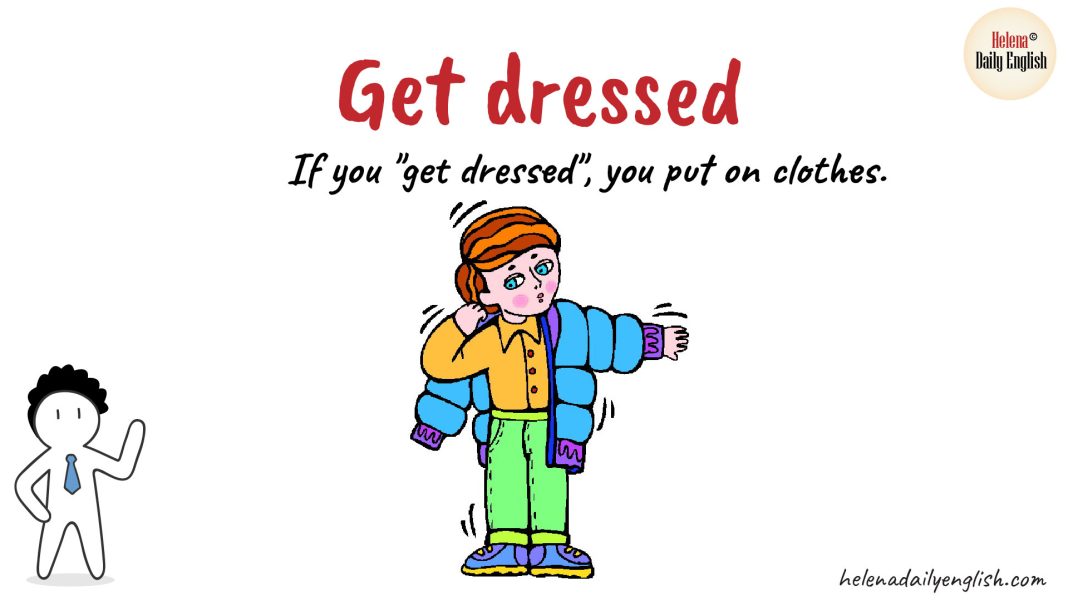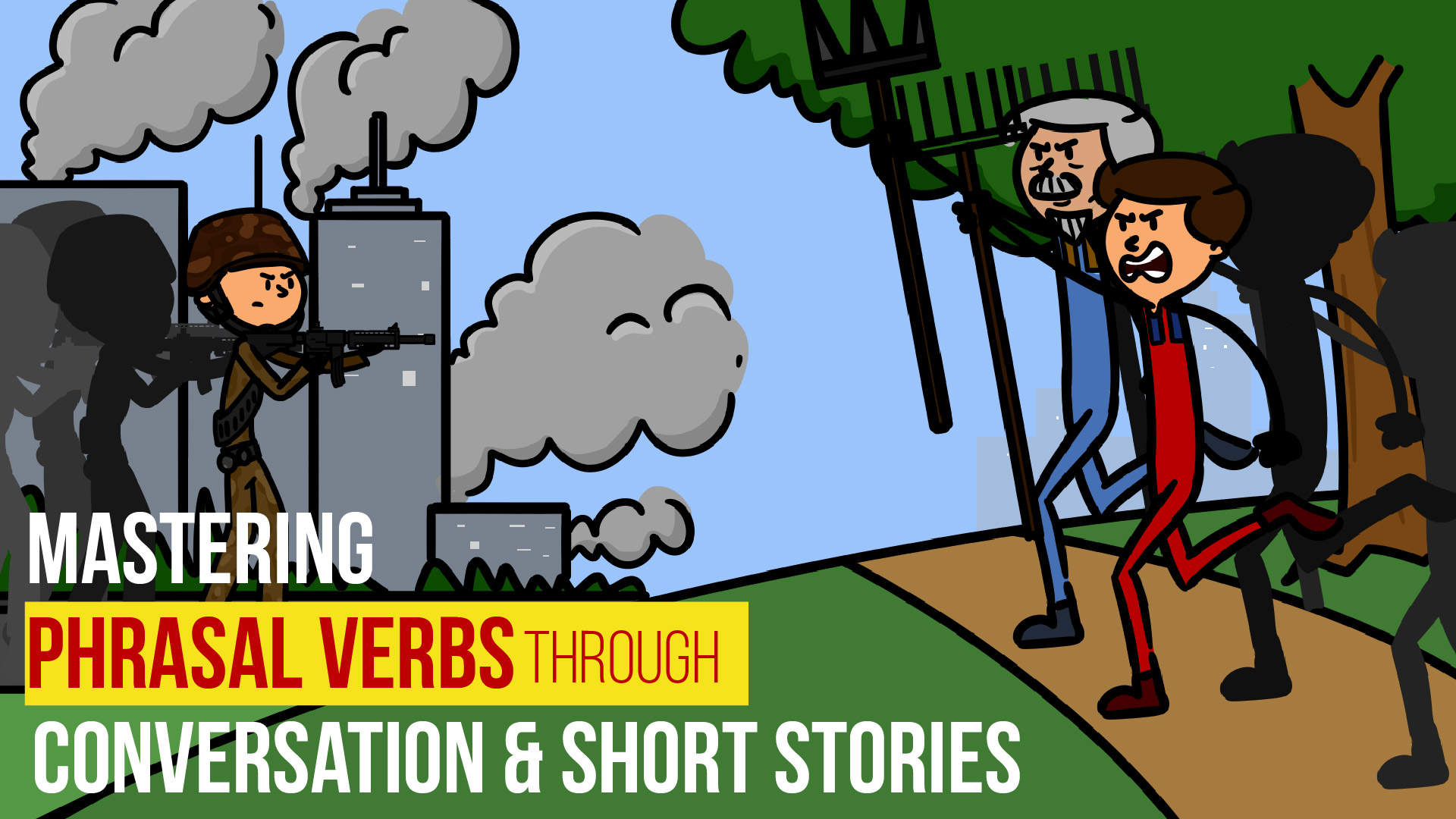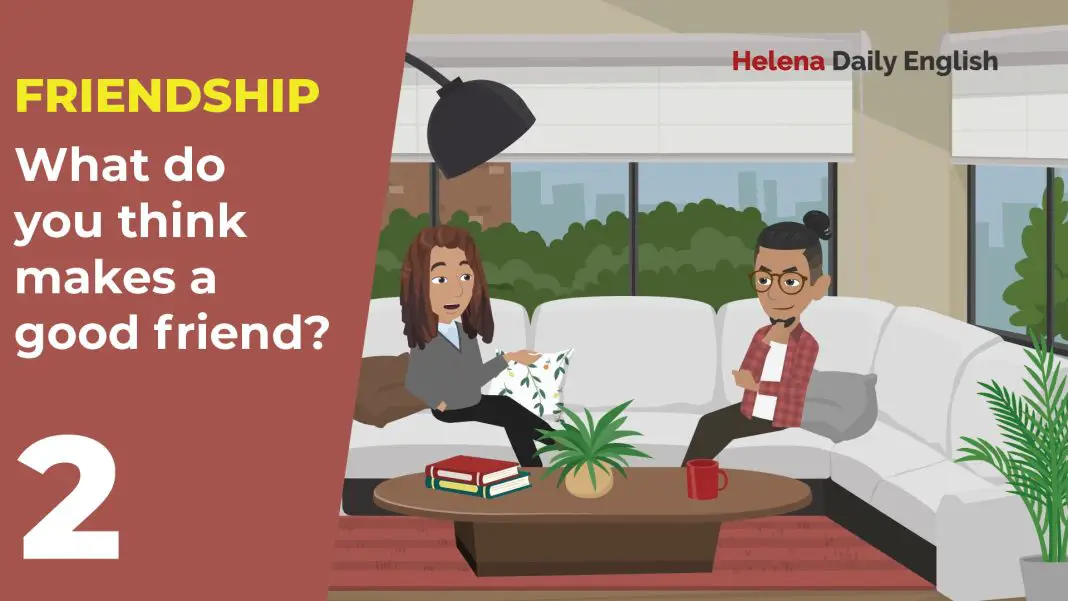The verb to get is extremely useful. It can be used in a number of expressions. It can also mean several different things: to become, to arrive, to receive, to buy. The words in brackets can be substituted for others.
| 1. Get (married)
If you “get married”, you marry. Ex: We’re getting married next year.” |
2. Get (angry)
If you “get angry”, you become angry. Ex: I get angry when people take my things without asking.” |
3. Get dark
If it “gets dark”, it becomes dark. Ex: It’s getting dart. We should home.” |
| 4. Get lost
If you “gel lost”, you don’t know where you are. Ex: We got lost in the |
5. Get (worse)
If things “get worse”, they become worse. Ex: If my headache gets |
6. Get up
The time you “get up” is the time you get out of bed. Ex: I got up at 5am this |
| 7. Get dressed
If you “get dressed”, you put on clothes. Ex: I got dressed in just five minutes. |
8. Get out
If you get out of a car, you leave the car Ex: She got out of the car |
9. Get along with
If you “get along with” someone, you have a good relationship with them. Ex: I get along with my work |
| 10. Get home
The time you “get |
The best way to learn any words or expressions is being seen or hear them in context when you’re reading or listening to English.
Make a note of any words or expressions that you like (or want to learn) and write these down in sentences. Remember, always record language in phrases or sentences – never as individual words. You should also practice using the words or expressions as often as you can: in conversation, on the phone, in emails, etc.





